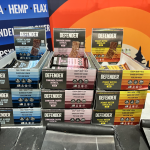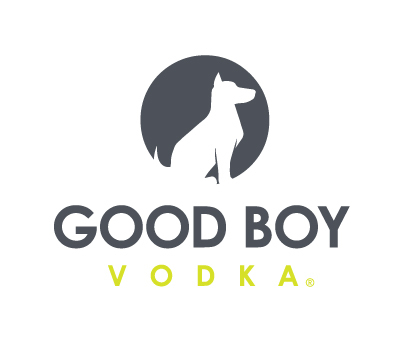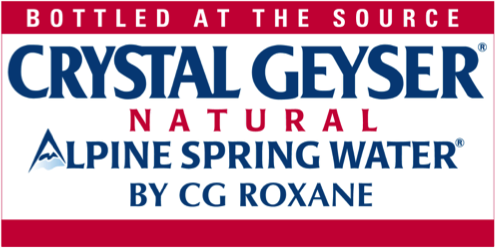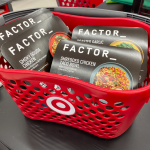FDA Sends Warning Letter to Whole Foods for “Repeated Recalls”
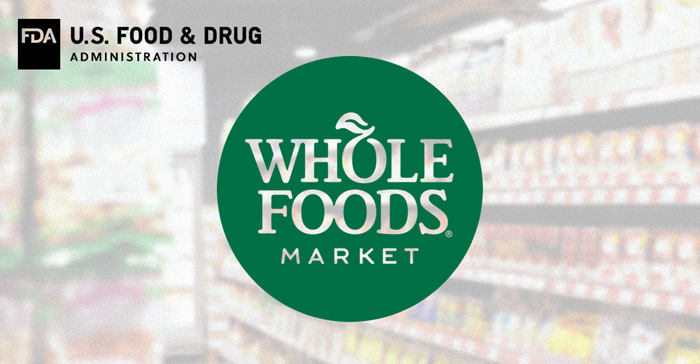
In an unprecedented step, the FDA today announced via a news alert that it had sent a warning letter to Whole Foods Market for “engaging in a pattern” of receiving and selling misbranded store brand food products that did not carry appropriate allergen warnings. The letter comes after years in which the Amazon owned business has shifted the production of bakery, prepared foods and specialty items away from central commissary kitchens and bakeries and towards third-party co-packers.
The notice represents the first time the FDA has warned a retailer for such offenses. According to the agency, Whole Foods Market must respond to the letter with a list of “specific things the company is doing to address the violation” within 15 business days from receiving the warning letter, which was dated December 16, or risk “enforcement action” such as “seizure and/or injunction.”
“The FDA is committed to protecting the health of the American people,” William Correll, Jr., Director, Office of Compliance, Center for Food Safety and Applied Nutrition, said in a statement. “It’s important that food packaging, at all points of the supply chain, appropriately lists the presence of all major food allergens so that individuals with food sensitivities can take appropriate steps to avoid products that may cause them serious and life-threatening harm.
The agency stated that it sent the letter as part of a larger effort to examine patterns in food recalls and “improve industry’s compliance with allergen labeling requirements” in order to reduce the volume of recalls. Between October 2019 and November 2020, the FDA noted, Whole Foods recalled over 30 products, largely from the deli or bakery sections, for undeclared major allergens (milk, eggs, fish, shellfish, tree nuts, peanuts, wheat, or soybeans). The issues, the agency said, follow a “similar pattern” of recalls in previous years as well.
According to the FDA, though retailers are exempt from certain labeling requirements, they are “responsible for ensuring that the labeling for food manufactured under their brand name and the labeling that they perform in-store is accurate with respect to allergens.”
Products cited in the letter included packaged minestrone soup, pints of Raspberry Cheesecake Italian gelato, assorted cheeses, bagged Parker House rolls and key lime tarts. While some of the issues stemmed from co-packers mislabeling items or mislabeling master cases, many were the result of items that were packed out and incorrectly labeled in stores. The letter noted the list was not exhaustive.
Many of the items listed would have previously been made in central commissary kitchens or bakehouses owned by Whole Foods, but in recent years, those facilities have been shuttered. In 2017 Whole Foods closed the last three of its centralized kitchen facilities in Everett, Massachusetts; Landover, Maryland; and Roswell, Georgia. The company also closed its North Carolina-based gluten-free bakehouse and its Medford, Massachusetts bakehouse earlier this year.
By shifting production to external copackers, Whole Foods aimed to standardize production, reduce labor costs and eliminate the overhead of running kitchen facilities. However, much of the final work — such as re-wrapping cheeses, baking and packaging some bread products, and packaging cakes and desserts that are displayed in cases — still occurs at the store level. If stores have outdated systems or issues with machinery, such as scale labels, the issues cited by the FDA can occur.
Whole Foods Market did not reply to specific questions as to how it plans to address the issues raised by the FDA or how the production of its prepared foods and bakery items has changed over the years, but said it is currently working to resolve the issues.
“Whole Foods Market takes food safety very seriously,” a Whole Foods spokesperson said. “We are working closely with the FDA to ensure all practices and procedures in our stores meet if not exceed food safety requirements. We remain committed to maintaining the highest quality standards in the industry.”


